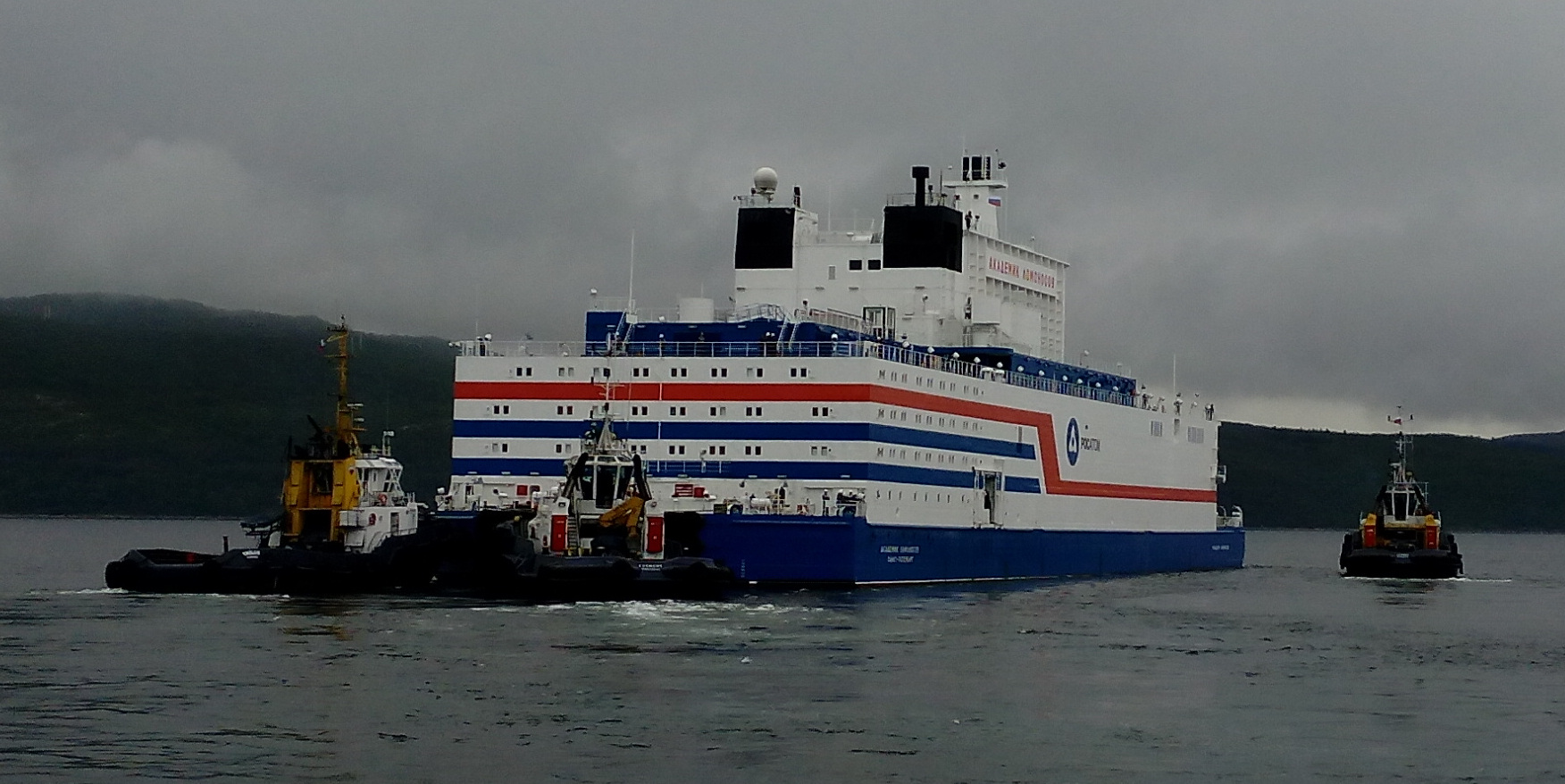Russia and The Republic of Guinea are set to embark on an ambitious new venture in the world of nuclear energy.
At the St. Petersburg International Economic Forum (SPIEF), both nations signed a memorandum of understanding to begin this groundbreaking project.
This initiative is part of Russia’s broader strategy to extend its influence in Africa through nuclear technology. Let’s dive into the details and explore what this means for both countries and the continent as a whole.
The New Nuclear Frontier
A New Chapter in Guinea’s Development
In a historic move, Russia and Guinea have agreed to explore the construction of floating nuclear power plants in the West African country.
This development was announced by Rosatom, Russia’s state nuclear energy corporation, marking a significant step in their bilateral relations.
What Are Floating Nuclear Power Plants?
- Definition: Floating nuclear power plants are mobile platforms that house one or more nuclear reactors. These units can generate electricity and heat, and they can be moved to areas that are difficult to access.
- Functions:
- Electricity and Heat Production: Ideal for remote regions with limited infrastructure.
- Desalination: Capable of converting seawater into drinking water, which is crucial for arid regions.
Strategic Importance
The collaboration between Russia and Guinea is not an isolated event but part of a broader Russian strategy to enhance its ties with African nations.
This initiative follows the commencement of work on the fourth unit of Egypt’s Dabaa nuclear power plant, illustrating Russia’s increasing involvement in African nuclear projects.
Also Read: Russia Forms African Army as a Replacement for Wagner Group Mercenaries
Russia’s Expanding Nuclear Influence in Africa
Recent Nuclear Initiatives
Rosatom has been actively pursuing nuclear projects across Africa, highlighting the continent’s untapped potential and strategic importance.
Burkina Faso
In March, Burkina Faso and Rosatom were close to finalizing a deal to construct a nuclear reactor. This collaboration underscores the growing interest in nuclear energy within West Africa.
Egypt
Work began on the fourth unit of Egypt’s Dabaa nuclear power plant in January, launched by Russian President Vladimir Putin and Egyptian President Abdel Fattah al-Sisi.
Other African Collaborations
- Mali, Zimbabwe, and Burundi: These countries have established nuclear energy relations with Russia.
- Nigeria: Nigeria aims to join the BRICS group and is working closely with Russia on nuclear energy projects, including training programs.
- Tanzania: Expressed interest in adopting Russian nuclear technology to boost its economy.
- Rwanda: Signed a deal in 2019 to establish nuclear plants with Rosatom, despite facing resistance due to safety concerns.
- Uganda: In 2016, Uganda and Rosatom signed an agreement to build a nuclear facility, although the project has not yet materialized.
The Potential Impact of Floating Nuclear Power Plants in Guinea
Benefits for Guinea
- Reliable Power Supply: These plants can provide a stable source of electricity, crucial for economic development.
- Water Desalination: Access to fresh drinking water through desalination could significantly improve living conditions in arid regions.
- Economic Growth: Reliable energy and water supplies can stimulate various sectors of the economy, from agriculture to manufacturing.
Challenges and Concerns
- Safety and Security: Ensuring the safe operation of nuclear facilities is paramount, given the potential risks.
- Environmental Impact: The environmental effects of floating nuclear plants need to be carefully managed.
- Economic Feasibility: The cost of building and maintaining these plants must be weighed against the benefits.
A Glimpse into the Future
This collaboration between Russia and Guinea is just one example of how nuclear technology can transform energy landscapes, particularly in developing regions. It showcases the potential for innovative solutions like floating nuclear power plants to address unique challenges faced by countries with limited infrastructure.
Conclusion
The partnership between Russia and Guinea to explore floating nuclear power plants marks a significant milestone in their bilateral relations and underscores Russia’s expanding footprint in Africa’s energy sector.
This ambitious project holds promise for improving energy access, driving economic growth, and enhancing living conditions in Guinea.
